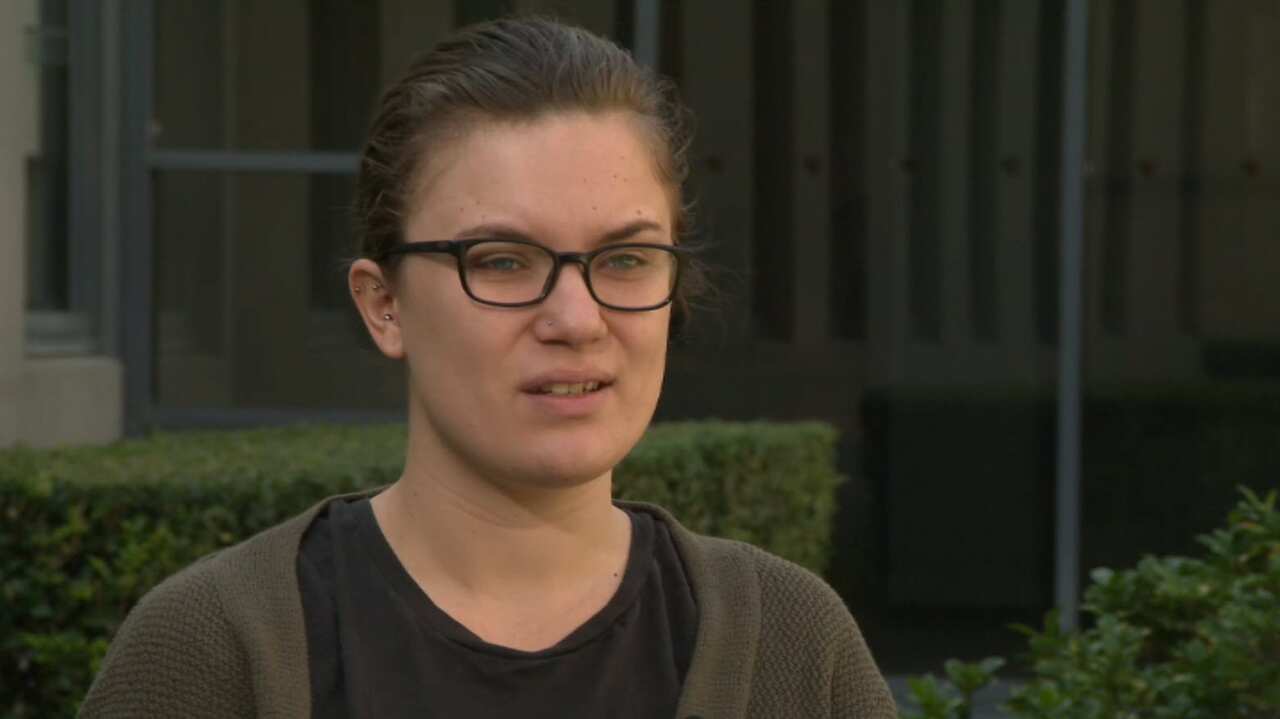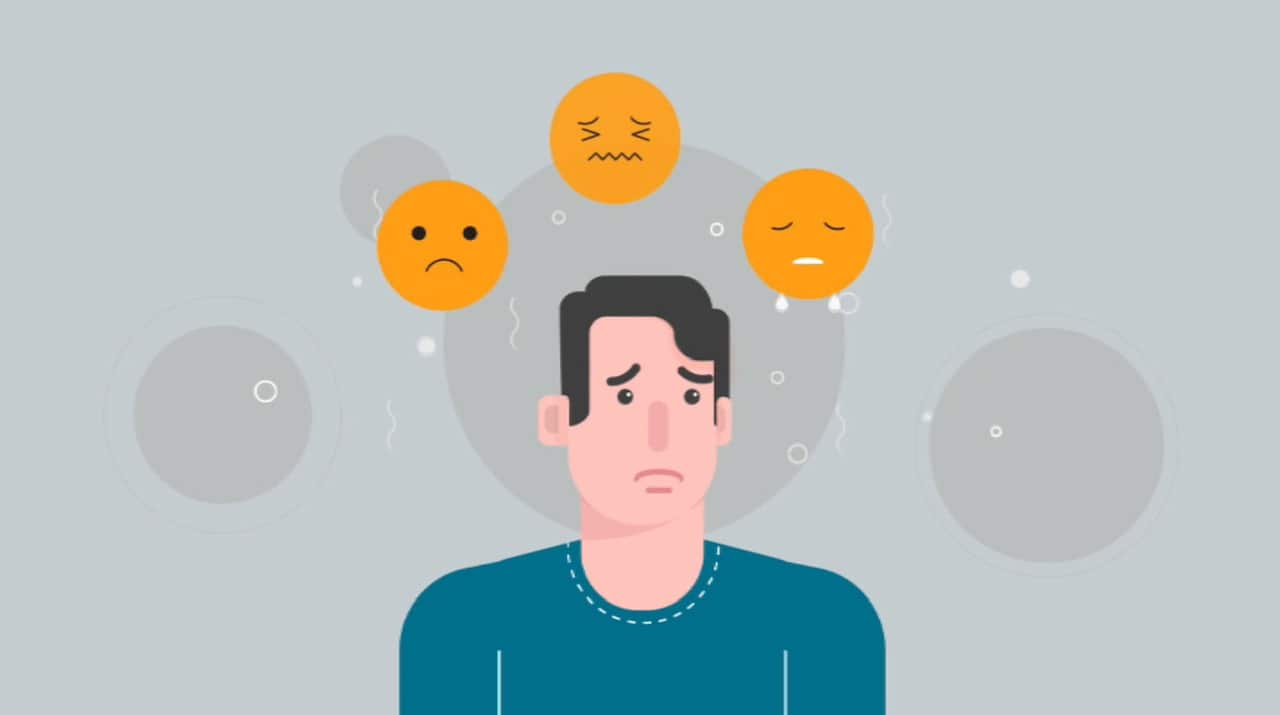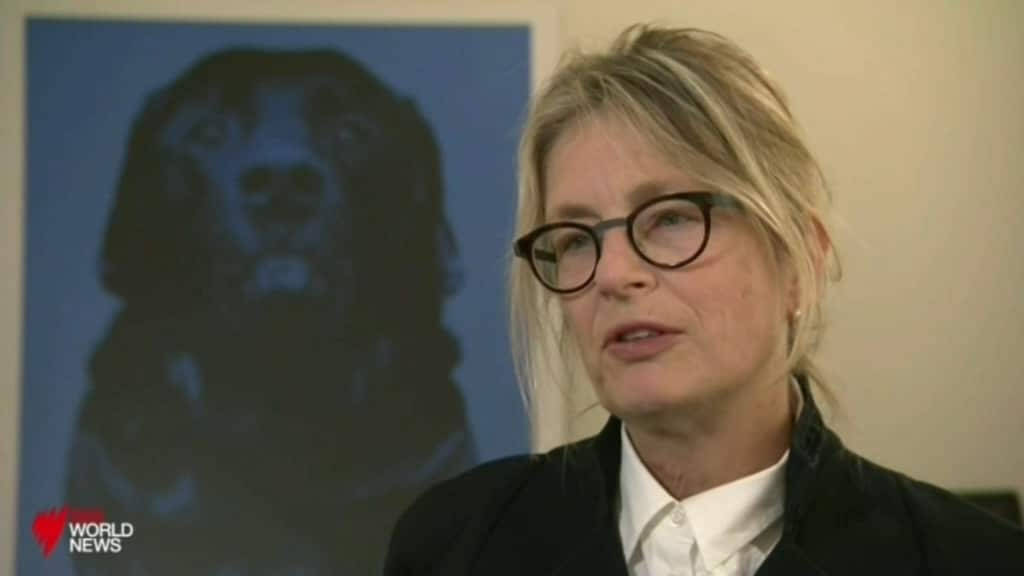In the age of Doctor Google, self-diagnosis can be problematic.
But when it comes to mental health, online assistance can be a life-saving first step.
"Technology allows scale, it's available 24/7... you can get information straight away, you can call people, you get a response through even automated chatbots," said Helen Christensen director of the Black Dog Institute.
She says the majority of people at risk of suicide don't seek traditional mental health services, meaning online tools can be crucial.
The mental health research organisation has a free, online and interactive self-help program called 'myCompass', which has recently relaunched with additional video resources, a dashboard of tools and a new activity tracker to help users visualise mental health over time.
It offers personalised treatments for mild-to-moderate stress, anxiety and depression.

Shannai Pearce first attempted suicide when she was 14-years-old.
For her, online help could have been a game changer.
"It would have given me some sort of privacy around the issue and it would have given me some sort of running start before I spoke to someone face to face."
The Black Dog Institute has also launched the second phase of a major research project, the Centre of Research Excellence in Suicide Prevention (CRESP).
It aims to see how technology can best be harnessed to create a far-reaching, tailor-made safety net.
"Getting to everybody is the only way that we're really going to change suicide rates because we can't predict who's going to make a suicide attempt," Ms Helen Christensen said.
At least six Australians die every day from suicide with a further 30 attempting to take their own life.
The idea of emerging technologies is to reach as many of them as possible, sometimes before they even realise there's a problem.

That goal is something Shannai Pearce said could have helped her.
"For me personally, I didn't really feel like I was experiencing any type of mental illness.
"I just had this fixed belief that I was a burden."
For some, the stigma of metal health, can stop them from seeking help.
"In my, sort of cultural community I found it very difficult to even open up and tell anybody what was going on," said Monica Das from 'Haathi in the Room', a group that aims to increase discussions on mental health challenges in Australia's South Asian communities.
"To be honest there was that fear that it was a sign of weakness on my part."
Monica Das and Sue Advani, who is also from Haathi in the Room, said they rely on social media to reach out to women in their communities.
"There are a lot of unique issues that we try to address at the grassroots level," Sue Advani said.
A reminder that when it comes to suicide prevention, it's not just about reaching those in need, but making sure the message is heard.


